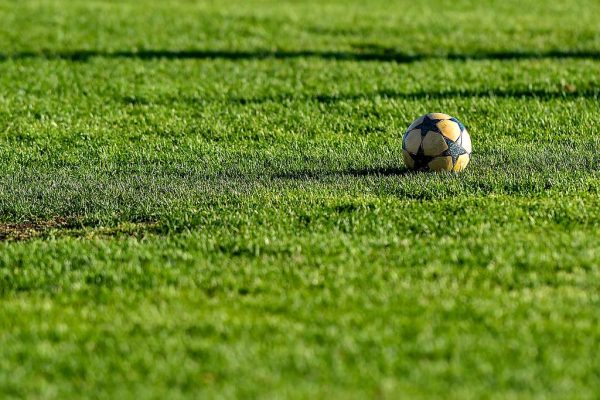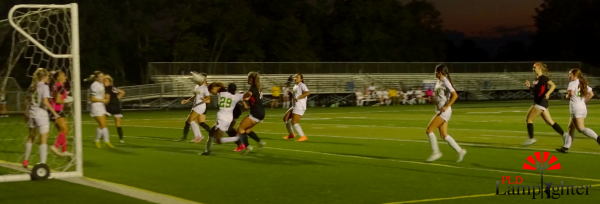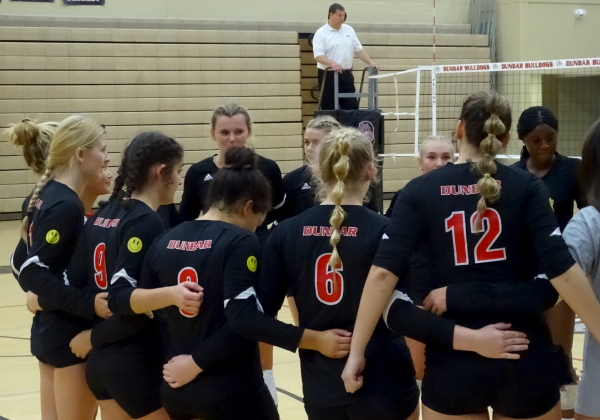Madness Returns for Basketball this Year
After canceling last year, the NCAA Division I Men’s Basketball Tournament finally returns.
As we approach the one-year mark since the beginning of the pandemic, so do the sporting events canceled due to it last year. With it, college athletes return with new hope to finally compete for this season, including the famous March Madness Tournament for Basketball.
Every March, across the nation, sports fans wait in anticipation for one of the most popular sporting events every year, March Madness. Consisting of 68 Division I college teams, competing against one another in a bracket format to see who will become that year’s NCAA men’s basketball champion. With the disappointing cancellation of the 2020 tournament last year, the NCAA has made preparations and precautions in order to ensure the tournament has every right to happen this time.
“The NCAA will host the entire tournament in one geographic location for the first time ever,” according to the NCAA. “The entire 2021 men’s basketball championship will be played in Indiana, with the majority of the tournament’s 67 games taking place in Indianapolis.”
To truly understand the event, take a step back and see the history of it. Originally not even called March Madness yet, the first NCAA Division I men’s basketball tournament happened in 1939, and only had eight teams competing. It would only be later that more teams would be added, having 64 teams included in 1985, with four more teams added in 2001 and 2011. Though the term ‘March Madness’ was first referenced in 1939, it wouldn’t be associated with the tournament until 1982.
“The term didn’t find its way to the NCAA tournament until CBS broadcaster Brent Musburger used it during coverage of the 1982 tournament,” according to the NCAA. “The term has been synonymous with the NCAA Division I men’s tournament ever since.”
Though many find enjoyment in watching the games, a majority have just as fun predicting the outcomes of them through brackets. Brackets are set on which team will play who in the first round, but many people take the time to calculate, analyze, or simply guess which teams will advance, leading to a winner. This practice has caused many sports fans to predict the outcome amongst others to see who made the better predictions, hoping even for a perfect bracket. Though the odds of a perfect bracket, guessing every game right, is technically possible, though it’s so unlikely that it might as well be impossible due to no one in history officially guessing it.
“If we treated the odds for each game as a coin flip, that makes the odds of picking all 63 games correctly 1 in 9.2 quintillions (or 9,200,000,000,000,000),” according to the NCAA. “There are 31.6 million seconds in a year, so 9.2 quintillion seconds is a quick 292 billion years.”
Though with such potential of high stakes and enjoying moments, disappointment struck hard on sports fans during March of 2020, the beginning of the COVID-19 pandemic in the United States. Due to the threat of spreading the virus, the NCAA was forced to cancel the tournament, the first time in its history. Not only losing an enjoyable tradition for fans, but life opportunities for college athletes, coaches, and their teams.
“The disappointment and heartbreak we all feel for student-athletes unable to compete is significant, yet nothing is more important than the health and safety of student-athletes, coaches, and fans,” Dan Gavitt, NCAA Senior Vice President of Basketball, said.
Thankfully, through every hardship, there is a lesson to be learned, and after a year living with the virus, the NCAA has made strives and preparation to make the 2021 March Madness possible. For one, how they’ll be choosing teams will differ. Originally deciding on teams due to geography will no longer be a factor due to all the games happening in one place. The selection process for the tournament will differ in their principles, and with some teams not appearing, like the Ivy League.
“The top four seeds will be handled the same and so will the First Four. The changes will come in how the rest of the bracket is completed,” according to the NCAA. “Teams will be placed in the bracket based on rankings without the considerations for geography.”
With such excitement for the returning 2021 March Madness, it can be said that some certain fans aren’t the most likely due to their team not making it to the tournament, specifically, the local Kentucky Wildcats. The team famously known for going to the tournament the most with 57 appearances, and having the second most championships with 8, will sadly not be making it this year. As of early March, with a losing record of 8-15, it’s simply a game of patience to get through the season and prepare for the next.
“It’s not over, it ain’t over til it’s over,” John Calipari, Kentucky Basketball Head Coach, said. “We got one Saturday and we got a league tournament, and like I said, everybody we’ve played we can beat.”
Though not officiated yet, Kentucky does have a chance of reaching March Madness if they win the SEC conference championship, automatically placing them in the selection of teams for March Madness. The conference tournament is from March 10-14. March Madness selection day begins on March 14 as well, with the tournament starting on March 18-April 5.

I am a senior at Dunbar, and this is my first year as a staff reporter. I’m excited to be part of journalism at Dunbar and get to discuss ideas, thoughts,...



























